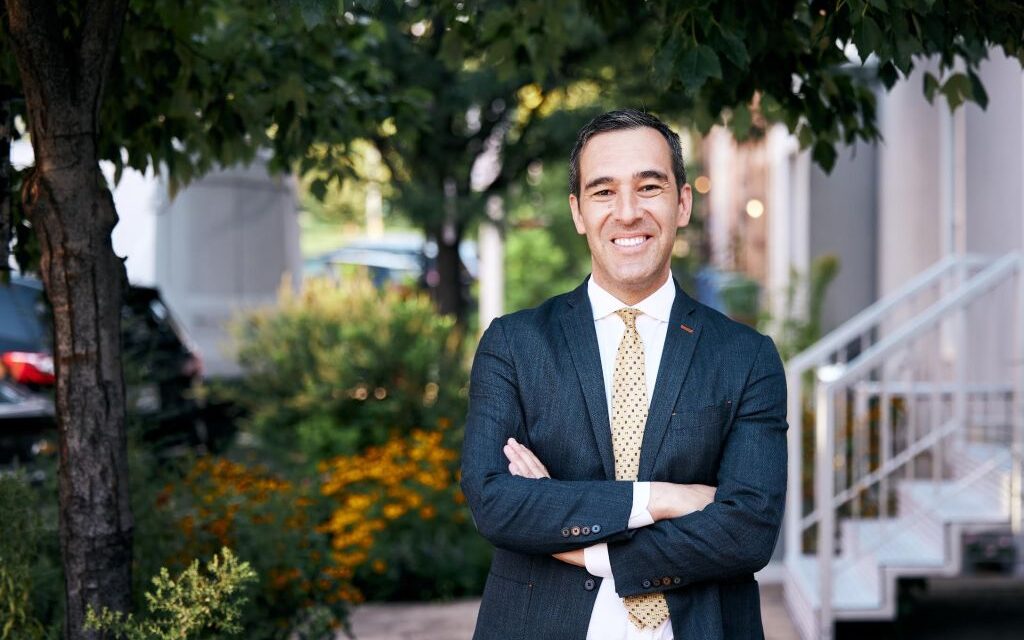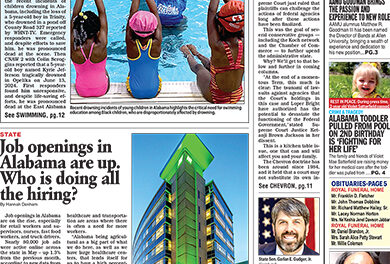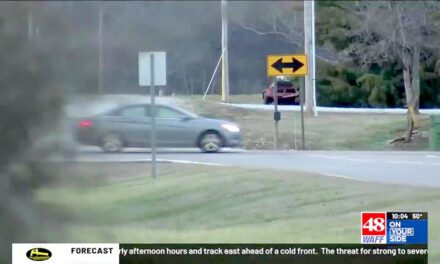AFRO Political Writer
Councilman Zeke Cohen (D-District 1) will introduce an ordinance and charter amendment, creating an independent redistricting commission in Baltimore City – fundamentally altering the process.
Cohen will introduce the legislation at a city council meeting at 5 p.m. on Feb. 12.

Photo credit: Photo courtesy of Baltimore City Councilman Zeke Cohen (D-District 1)
“What we came up with was this idea of a commission that would determine the map. Everyone could apply, and then one person would be randomly selected from each of the 14 city council districts, and then one person would be randomly selected city-wide,” said Cohen. “We would also have two subject matter experts appointed by the randomly selected commissioners.”
Redistricting takes place every 10 years nationwide. According to the Baltimore City Charter, the Baltimore City Council map has to be redrawn and agreed upon by the mayor and the council to ensure even populace representation throughout the city.
“ leaves communities feeling a great deal of frustration,” said Cohen. “In particular, I think having elected officials select their constituents is not the way that we should operate. This needs to be a community-driven, neutral process that eliminates the politics.”
Mayor Brandon M. Scott introduced his redistricting plan, in which the city council had 60 days to amend, pass, or create a map in September 2023.
The council desired to give the community more chances for input, so they held five public meetings and feedback sessions.
Council President Nick Mosby created his version that included much of the community’s concerns from the sessions. It was eventually passed by an 8-6 vote, but Scott vetoed the bill after the council could no longer override his veto.
Scott’s version of the map is the one elected council members will use starting in December and for the primary and general elections.
Mosby introduced his response to the disappointment in January, a charter amendment, 24-0473, that would ensure that the mayor no longer has veto power when it comes to redistricting and require community input sessions before the mayor introduces his plan.
“Where our legislation goes a big step further is that we want to remove all of the political influence, to the extent that we can, out of the redistricting process,” said Cohen. “This is one of those issues where having elected officials play too much of a role is actually harmful to democracy and to people’s faith in the process and the people that they elect.”
Applicants for the commission must fit the criteria, which include being a resident of Baltimore, being registered to vote in Baltimore for eight consecutive years, not being an elected official, not being a registered lobbyist, not being a state or local government employee and not being a leader of a political party.
One expert will be from a Baltimore-based organization focused on equity and data. Another shall be a faculty member at a Baltimore City higher education institution in law, public policy or political science.
Cohen drafted the bill with community input from those who were impacted by last year’s process and wanted something different.
“In the most recent redistricting, we felt like what resulted really wasn’t the will of the people,” said Maraizu Onyenaka, Coldstream Homestead Montebello Community board member.
One of the top issues was the reshaping of which district Clifton Park is located. At the town halls, many residents from District 14 spoke of their concern about losing Clifton Park to District 12 after years of advocacy for the communal space.
“My community has been at the forefront of bringing more attention to it doing programming in it,” said Onyenaka. “I’m sure that the current councilperson of the 12th will be somewhat responsive to our concerns and what we’re trying to do, but in the future, the next one probably won’t.”
Omar Hamza, president of the Madison Park Improvement Association, is another community member who provided feedback for Cohen’s plan during the drafting stages.
“We have a very tight-knit community that is being divided by the last map and are worried that it will be more difficult to advocate for more improvements in our neighborhood,” said Omar Hamza, president of the Madison Park Improvement Association. “I’m hopeful that this legislation will give more power to the people to have a fair redistricting process unaffected by politics and the desires of politicians.”
Though he has hopes for the legislation, Hamza said he is concerned that a future commission would not fully represent the racial and economic diversity of Baltimore.
“I hope the legislation takes that into account in some way,” said Hamza.
Tashi McQueen is a Report For America corps member.
The post Councilman Zeke Cohen to introduce bills for a new independent redistricting commission appeared first on AFRO American Newspapers.











